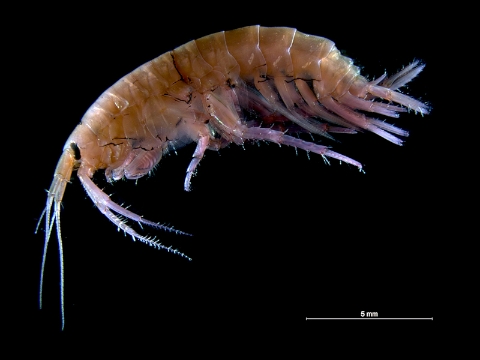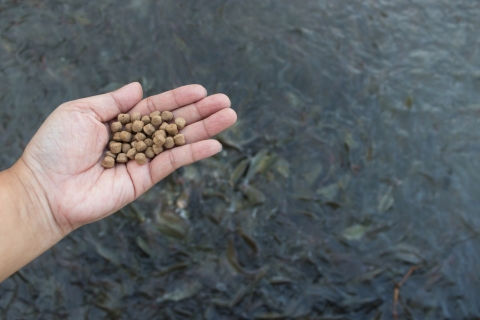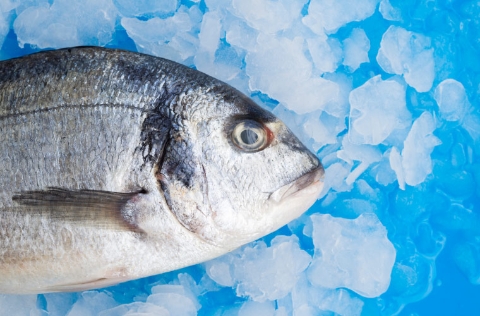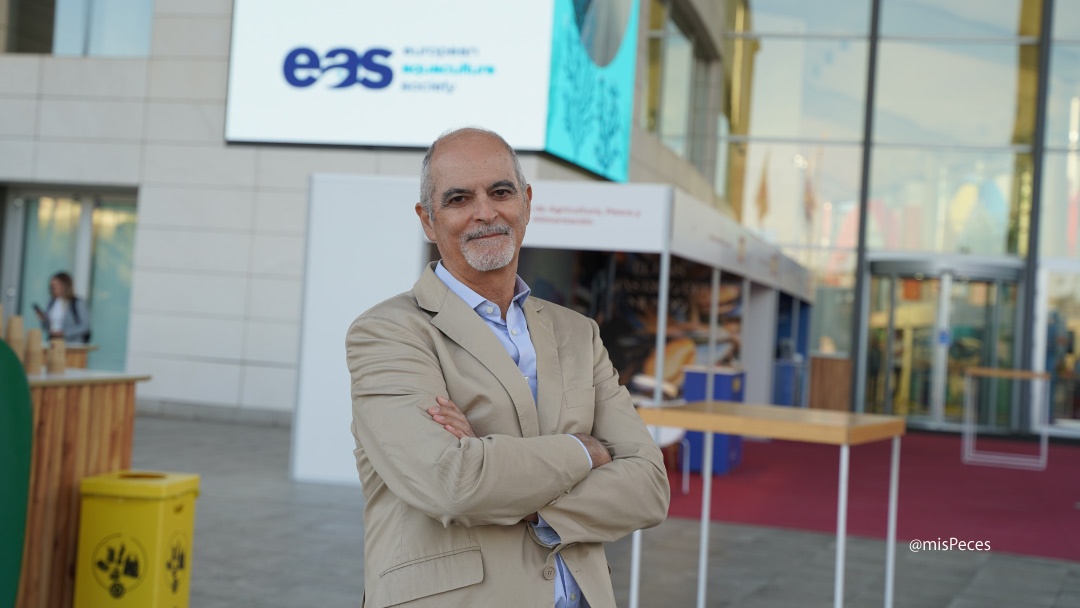
At the Aquaculture Europe 2025 – Valencia, misPeces interviewed Javier Ojeda, general manager of APROMAR, who analysed the current state of aquaculture in Spain and Europe and reflected on the steps needed to boost its growth.
Ojeda stressed that, despite progress in sustainability, animal welfare and workplace safety, European aquaculture has remained practically stagnant in terms of production levels over the past decades.
“It’s a pity, because we know that within the European Union there is enormous potential, and we have the science, the technology and the entrepreneurial talent to grow,” he said.
In this assessment, he insisted that the future depends on simplifying administrative procedures and speeding up authorisations, as well as launching powerful communication campaigns to bring aquaculture closer to society.
“We don’t need disruptive changes, just small adjustments that will allow the sector to take the leap we are all hoping for,” he added.
Challenges and Opportunities Ahead
The APROMAR manager noted that aquaculture in the European Union remains at practically the same level of production and employment as several decades ago, something he described as a “very sad situation” when compared with countries such as Norway, Turkey or Iceland.
Even so, Ojeda highlighted the significant progress made in reducing the environmental footprint, improving animal welfare and workplace safety – achievements that represent a major qualitative leap. Looking ahead, he expressed his conviction that “small adjustments in the legal framework and changes in social perception could make the difference.”
He emphasized that the EU has ample space, strong scientific knowledge, universities and research centres of the highest caliber, and that “we are not so far away” from achieving a breakthrough that would make aquaculture a key player in food security.
“Perhaps in my professional life I may still see this great step forward, if the right levers are activated at the right time,” he said.
At the same time, he underlined that raising public awareness is a direct responsibility of the sector itself. In this regard, he explained that APROMAR and its members are making an unprecedented financial effort to fund communication campaigns aimed at bringing aquaculture closer to consumers.
“It’s a huge effort for small and medium-size companies, but we will achieve it, and when we do, we’ll say it was worth it,” he stated.
Recognition from the European Aquaculture Society
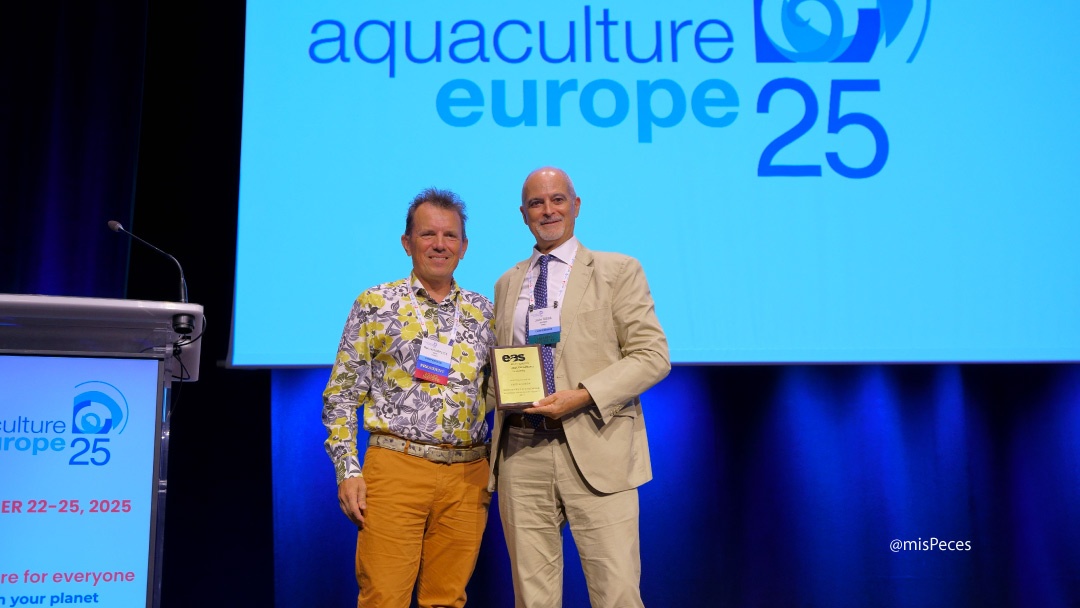
During the event, the European Aquaculture Society (EAS) presented Javier Ojeda with the Honorary Life Membership Award, one of the most prestigious accolades in the sector.
Ojeda admitted he was both surprised and moved:
“It’s a great honour. I had no idea they were talking about me when they announced the award. I will always cherish it as something it as something special, and it will have a prominent place in my home.”
The EAS praised his contribution to the development of European aquaculture, his role as a communicator of the sector’s benefits and challenges, and his career as a representative and ambassador for aquaculture both in Spain and European Union.
With this recognition, Ojeda joins the list of personalities who have shaped the history of aquaculture in Europe, reinforcing his position as a key figure in the dialogue between producers, public authorities, scientists and consumers.


